Engineering Faculty Lead Early Career Research with NSF CAREER Awards
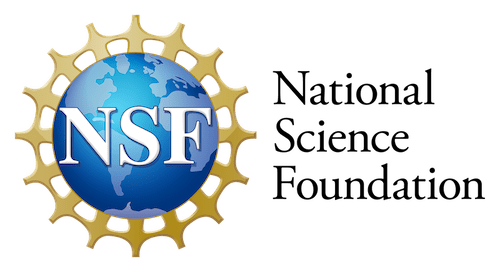
The William States Lee College of Engineering is leading critical investigations with key research faculty at an increasing rate, as demonstrated by a 25+ percent increase in research funding in the past year ($13,660,952 in 2021-2022 to $17.8M in 2022-2023). Likewise, UNC Charlotte overall is continuing to demonstrate innovation leadership and growth, being ranked fourth in the nation for patents per research dollar.
These research projects include active NSF CAREER Awards for engineering faculty, such as:
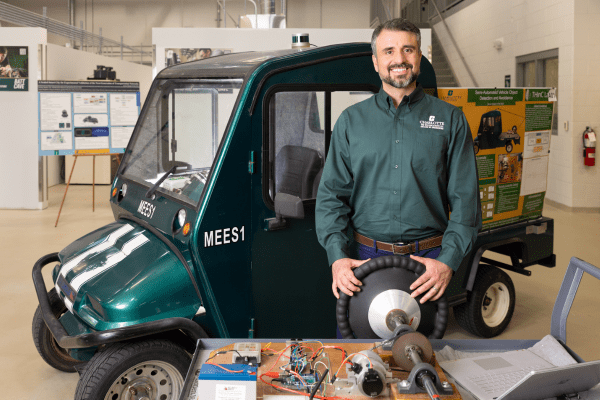
Amir Ghasemi: “Learning and Leveraging Conventions in the Design of an Adaptive Haptic Shared Control for Steering a Semi-Automated Vehicle”
Ghasemi studies human-robot interaction as he works toward creating an environment where humans and robots can seamlessly collaborate by leveraging the strengths of both parties. This critical first step towards enabling collaborative partnerships among teams of humans holds tremendous potential for the advancement of various industries and fields.
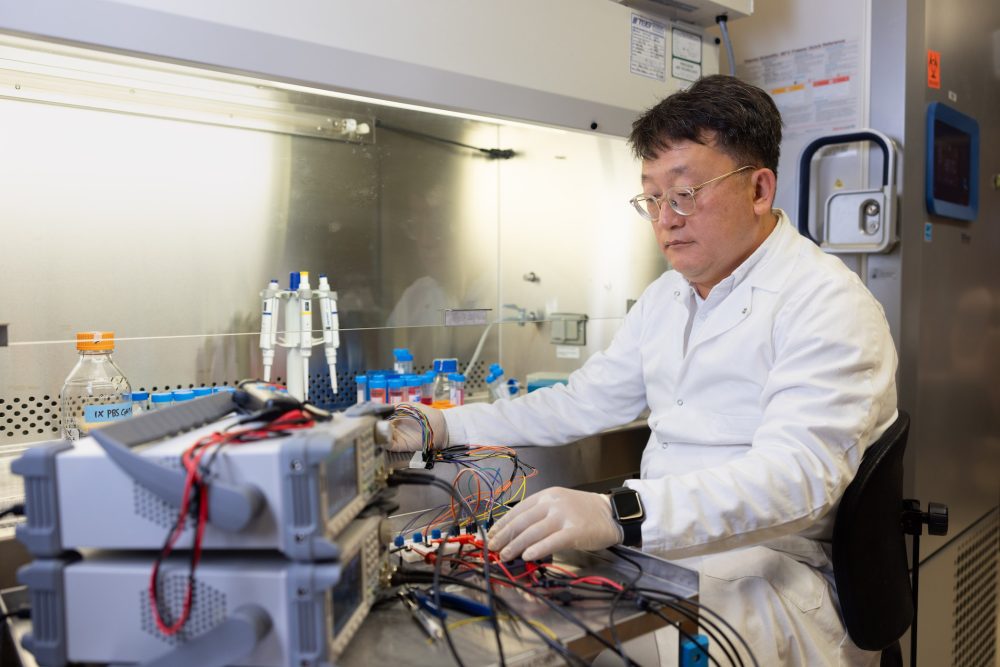
In Hong Yang:“ Magnetic Stimulation and Myelination”
Yang investigates support neuromodulation, which is one of the fastest-growing areas of medicine, but inherently invasive. Yang is exploring a much less invasive method of neuromodulation. By advancing bioengineering technology, Yang will help improve the quality of life for hundreds of thousands of patients.
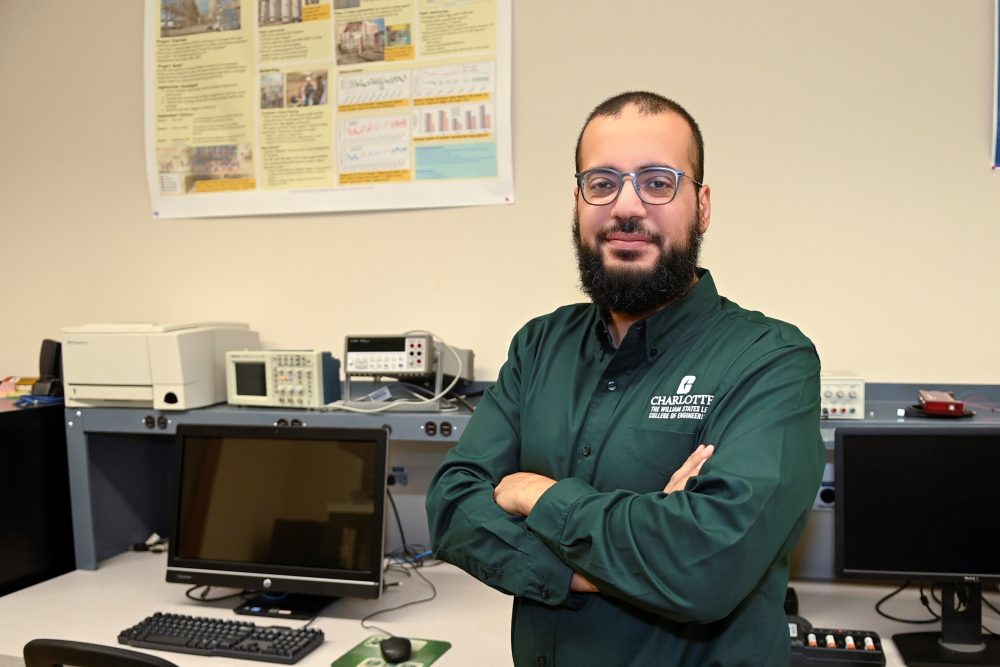
Ahmed Arafa: “Towards Realizing Timely Information Transfer and Processing for Networked Communication Systems”
Recognizing that the sheer volume of global data ironically strains its effective use, Arafa works to enhance information processing and transfer using the metric Age-of-Information (AoI), Arafa’s research could lead to significant communications technology advancements across industry sectors, including cloud computing, energy harvesting communications and remote tracking.
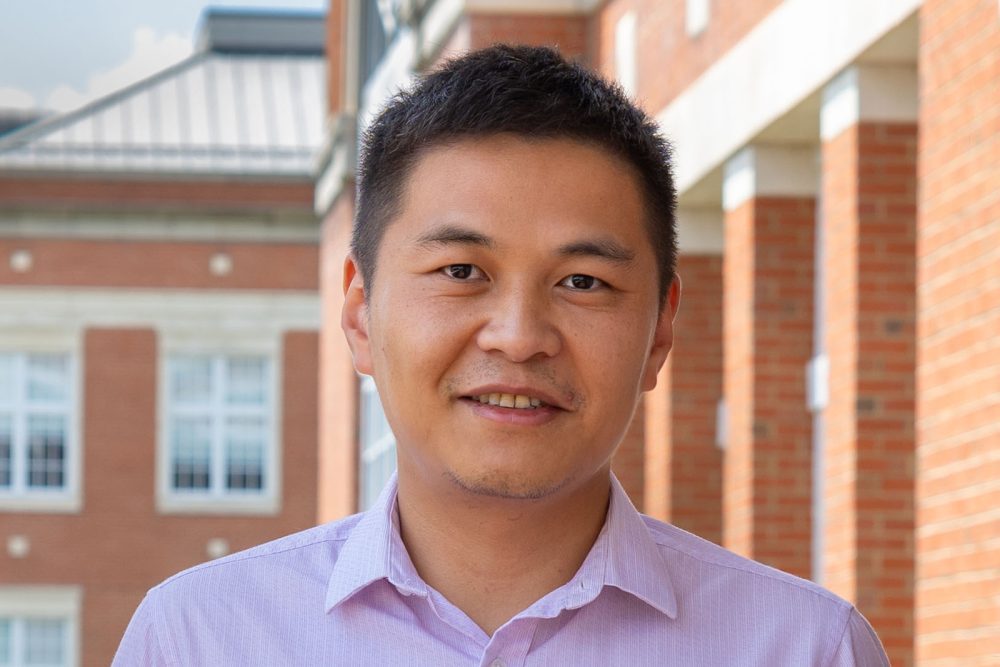
Qiang Zhu: “Organic Materials Discovery with the Aid of Digital Crystallography”
Zhu leverages informatics, computational research and modeling to advance the understanding of organic materials. His investigations will ultimately support greater success for materials development as they encounter the extreme conditions involved in clean energy generation. He earned both an NSF CAREER Award and a Department of Energy Early Career Award which are furthering his studies at William States Lee College of Engineering.
Other federal funding continues to grow in the W.S. Lee College of Engineering, including the NSF Engine Development Award.

The award will fund a new initiative, CLEANcarolinas, which will support not only the growth of North and South Carolina but also the earth’s atmosphere through clean energy technology and innovations in offshore wind, solar, marine energy and more.